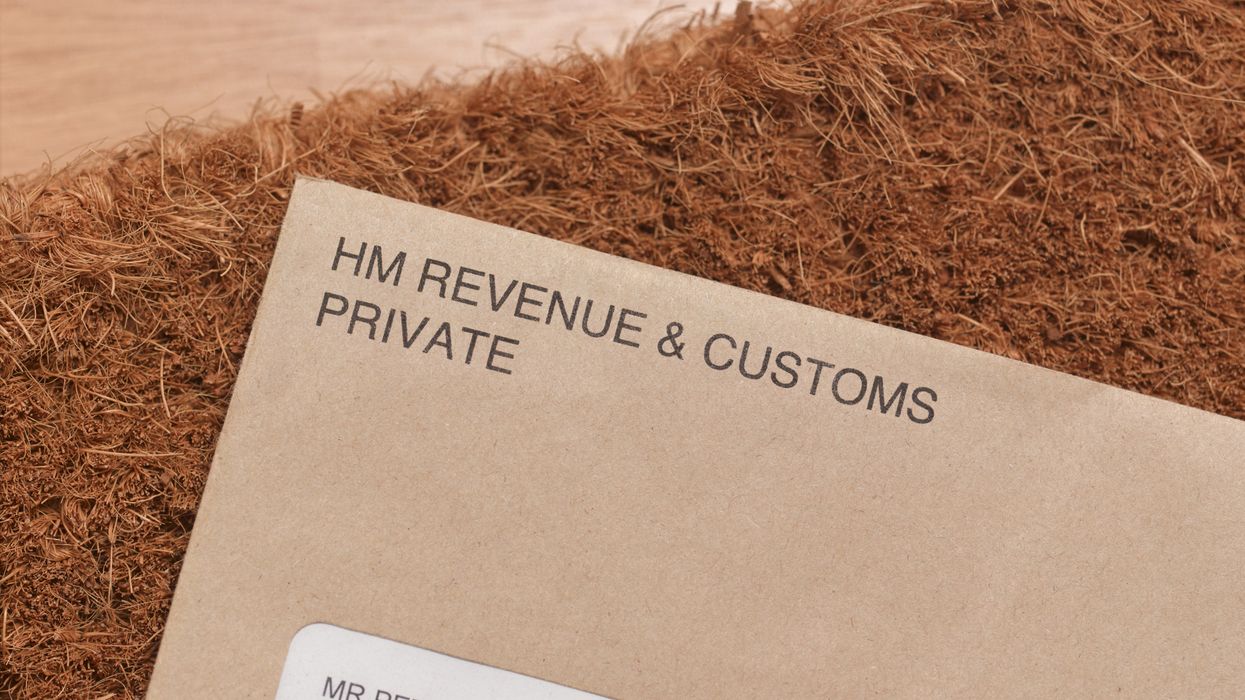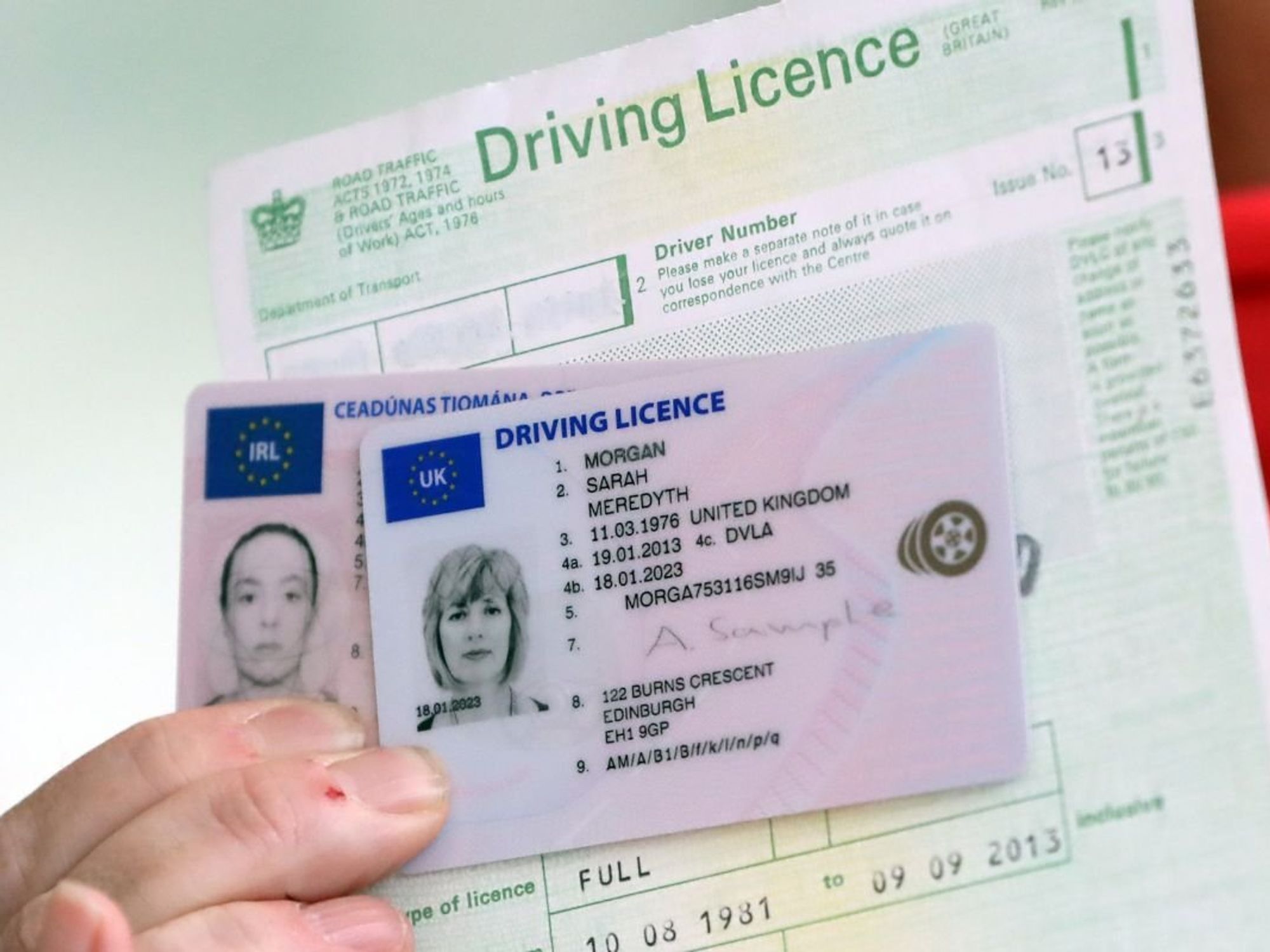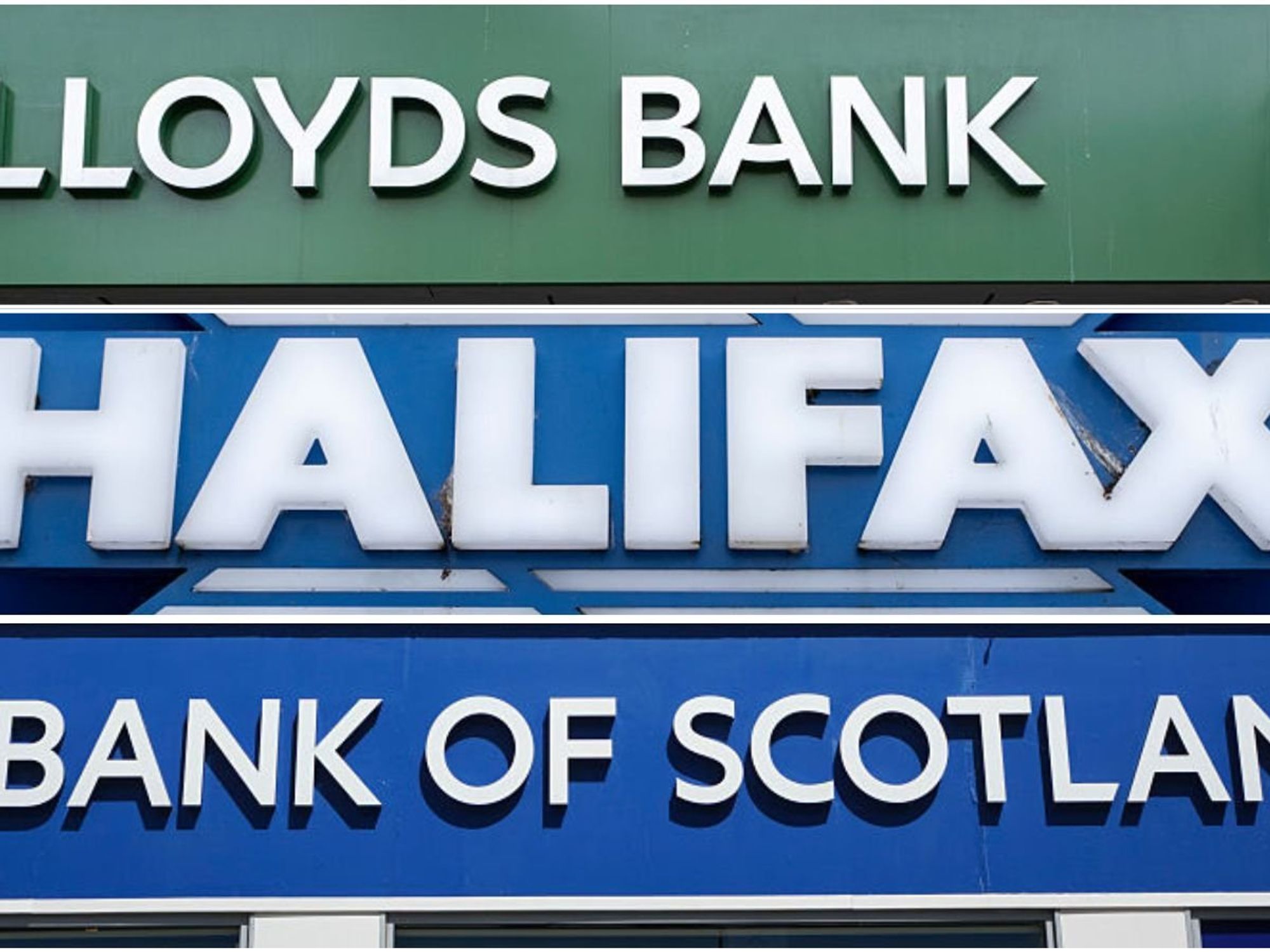Pensioners should look out for a ‘simple assessment’ tax demand, says Steve Webb

Steve Webb has issued a tax warning to pensioners
|GETTY
Steve Webb is a partner at pension consultants LCP and was pensions minister from 2010 to 2015
Don't Miss
Most Read
Latest
Many millions of people with relatively simple tax affairs are spared the misery of filling in an annual tax return.
If your only income is the wages you earn as an employee, your employer will usually deduct the correct income tax using the pay-as-you-earn (PAYE) system.
The employer is given a tax code for you by HM Revenue and Customs, and this tells the employer how much tax to take out of your paypacket. By the end of the year, the tax you have paid should match what you owe, and no further action is needed.
Similarly, where people in retirement have just a state pension and a company pension they will usually end up paying the right amount of tax without having to fill in a tax return.
Their state pension will be paid gross (that is, without any tax deducted). But their company pension scheme will be given a tax code which takes account of their state pension income.
The pension scheme will then deduct tax so that at the end of the year the pensioner has paid the right total amount of tax on their combined income from state and private pensions.

Steve Webb is a partner at pension consultants LCP and was pensions minister from 2010 to 2015
|LCP
At the other end of the scale are those with more complex tax affairs, and these people usually end up filling in a full blown tax return.
This obviously affects the self-employed, but can also include people such as private landlords who receive rental income which needs to be declared to HMRC.
But what many people may not be aware of is that there is a group somewhere in-between who go through a process called ‘simple assessment’.
These are people where the correct amount of tax is not collected by the normal PAYE system, but where HMRC knows enough about their affairs to work out their tax bill without the need for a full tax return.
One obvious example of this would be a pensioner with a relatively large state pension but little else in the way of taxable income.
With the tax threshold frozen and state pensions increasing by nearly 20 per cent between 2022 and 2024, growing numbers of pensioners are finding themselves liable for tax purely on the basis of their state pension.
But because the state pension is paid in full (before the deduction of any tax) this means that the pensioner will owe some tax at the end of the year.
This would affect anyone whose total taxable income is over the tax threshold (currently £12,570) and who doesn’t have a company pension or other pension income where tax is collected through use of a tax code.
The way ‘simple assessment’ works is that HMRC effectively fills in a tax return for you.
They gather together the information they have from the DWP on your state pension, from banks and building societies on your interest income etc. and work out if you owe any tax.
If you do, they will then send you a letter some months after the end of the tax year in which they tell you how much you owe and how you should pay.
LATEST DEVELOPMENTS:
WATCH NOW: Tory MP Greg Smith slams 'absurd' tax on pensioners
With more and more pensioners being dragged into the tax net, every year will see people who have previously had no tax to pay starting to have to pay tax. And if that tax cannot be collected through a tax code on a company pension or similar then they will fall within the ‘simple assessment’ net.
Of course, if you receive a letter out of the blue claiming to be from HMRC and giving you a sort code and bank account details for you to transfer money, you would understandably be suspicious of a scam. But amazingly this is exactly how the system works!
My advice to anyone who receives such a letter would be to contact HMRC immediately, just to check that the letter is legitimate. But if it is then you will have to pay the amount specified. In addition, unless government policy on tax thresholds changes, you can expect to get a similar letter each year from now on, with an amount of tax you need to pay.
Whilst it is good news that most people do not have to go through the hassle of filling in a full ‘self-assessment’ tax return, it will come as a shock to many older people that HMRC is in effect doing it for them and that they may end up with a tax bill out of the blue.
More information about how the ‘simple assessment’ process works can be found at the Check your Simple Assessment tax bill on the government website.










